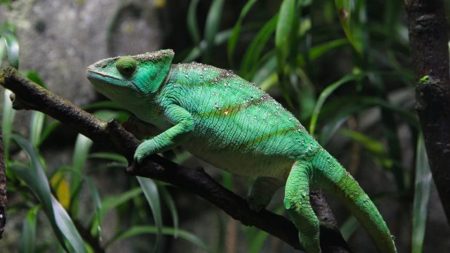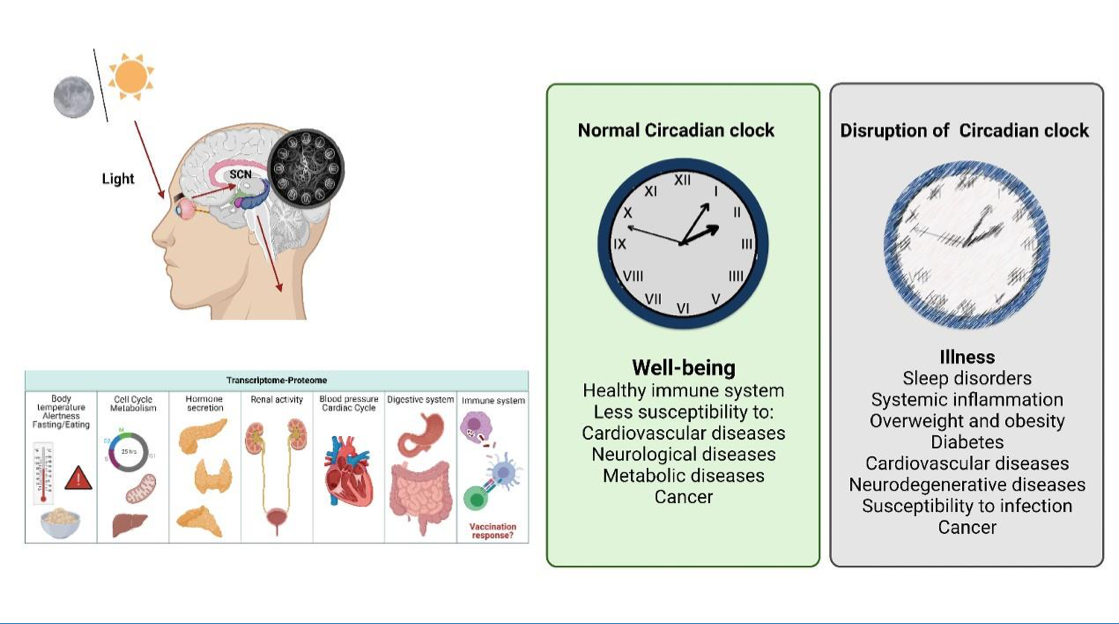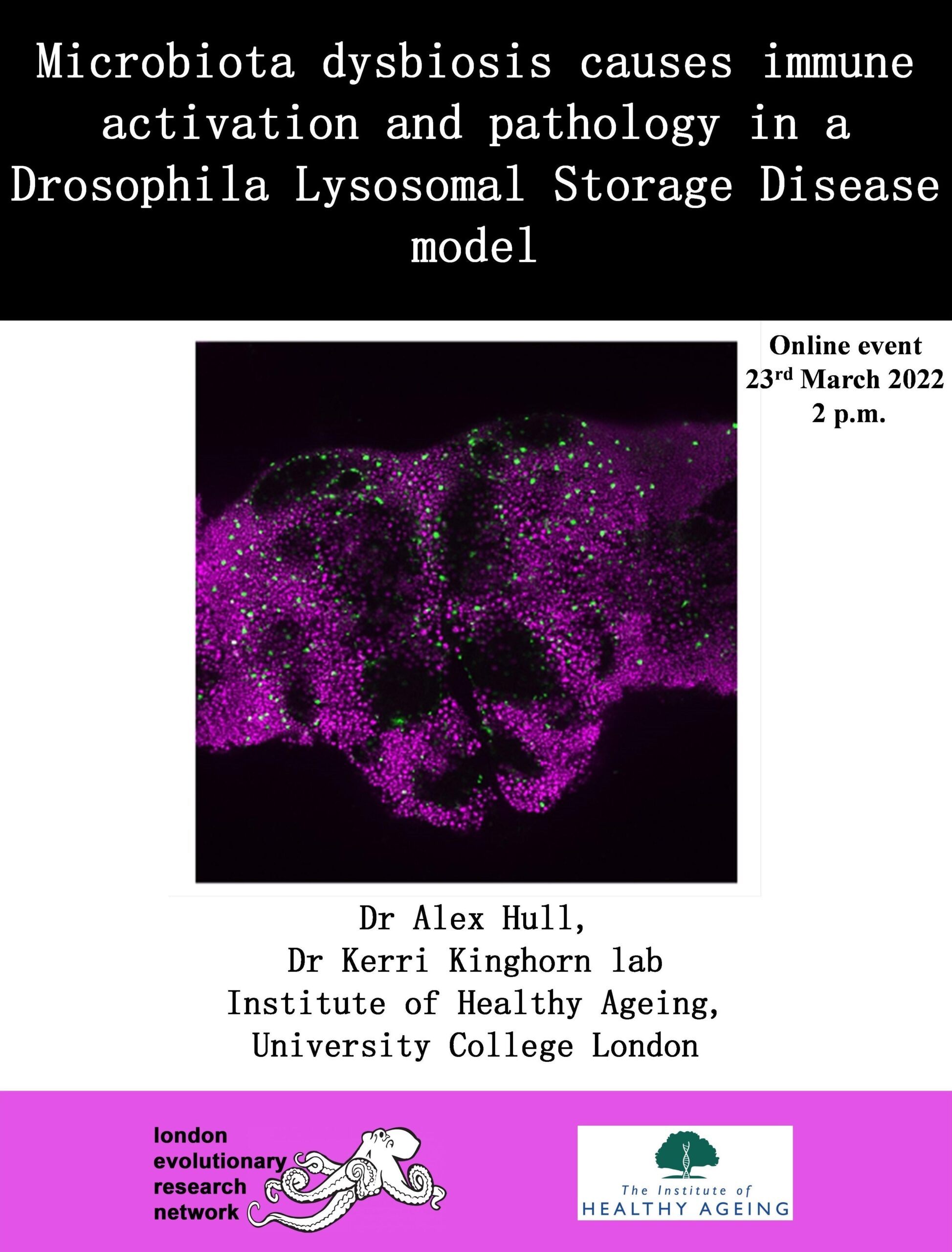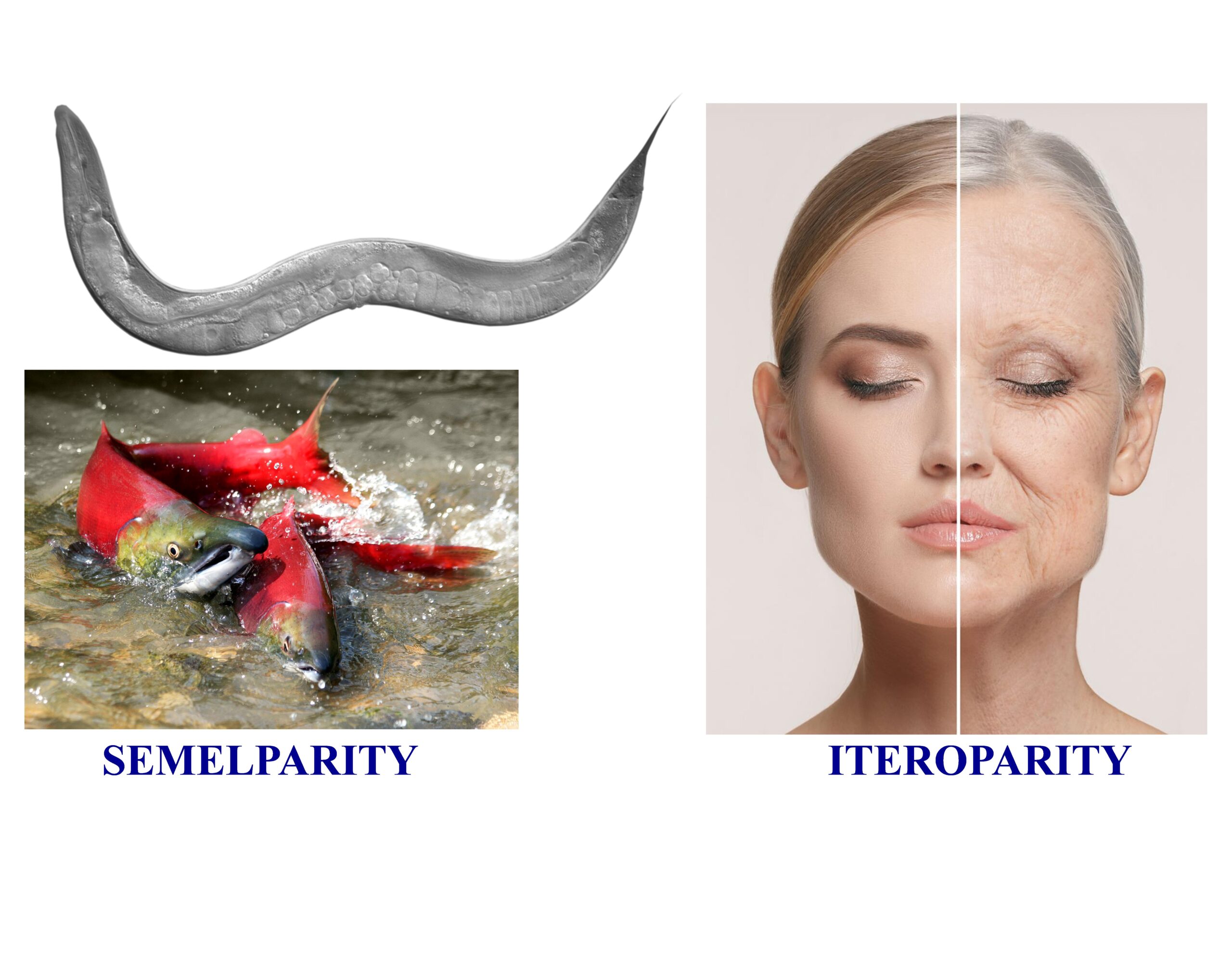‘On the use and misuse of epigenetics in evolutionary psychology’
By
(Philosophy, Lancaster University)
Abstract: In recent decades, there has been much work on the role of non-genetic factors in inheritance, development, and evolution. This has led to a re-evaluation of some traditional ideas, and in particular to a questioning of the traditional distinction between innate and acquired traits. The rejection of this distinction has been a central feature of developmental systems theory, as found in the work of Susan Oyama and others of this school. Leading evolutionary psychologists, such as Cosmides and Tooby, have also frequently asserted that the distinction is meaningless. In this paper, I will argue that there are indeed good reasons for rejecting the distinction, and that this does indeed force us to reconsider some cherished notions. However, I will also argue that the evolutionary psychologists are misusing the rejection of the innate-acquired dichotomy, in that they use it as a means to bypass perfectly legitimate questions. To show this, I will examine the kinds of questions people typically ask about the implications of evolutionary psychology – questions such as: How difficult is this or that evolved trait to change? How do we explain the variation that exists in this or that trait? The rejection of the innate-acquired dichotomy does not render these questions meaningless, so it is necessary to distinguish between legitimate and illegitimate uses of epigenetics in evolutionary psychology.
Date: 2nd December 2008, at 18.00
Location: Drayton Ricardo lecture theatre, UCL





